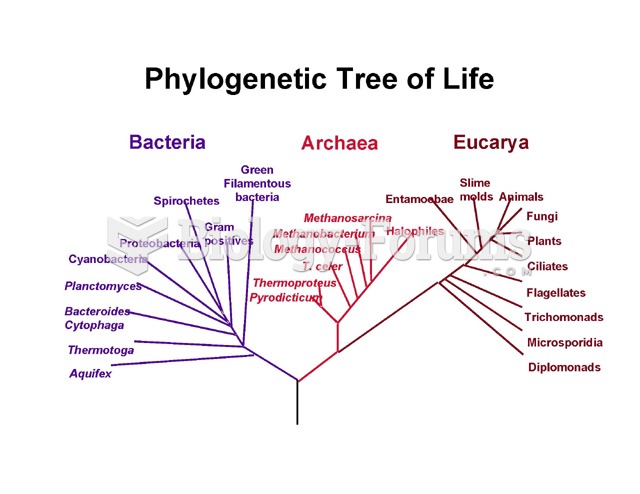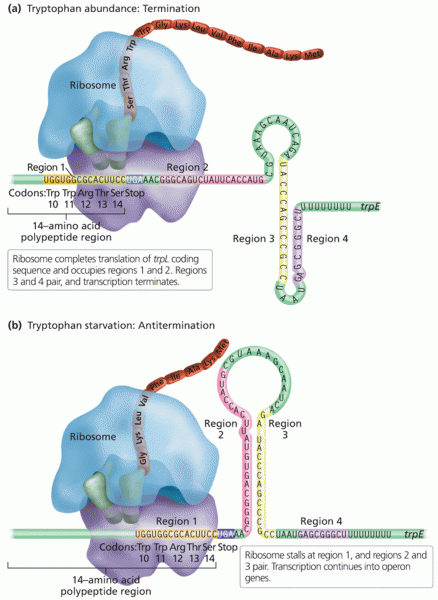Answer to Question 1
Answer: Self-determination theory is based, to a great extent, on the humanistic psychology movement, which emphasizes the importance of responsibility, human growth, and the actualizing tendency. Carl Rogers, one of the leading theorists of the humanistic psychology movement, believed that all humans are born with a drive for self-growth and positive change that he labeled the actualizing tendency. From this theory it was hypothesized that all humans have inborn psychological needs for autonomy, competence, and relatedness. These three basic needs are summarized from theoretical work by Henry Murray and Abraham Maslow, among others. Self-determination theory suggests that humans will prosper psychologically to the extent that their environment facilitates the fulfillment of these three basic needs. Basically, freedom of choice fosters autonomy needs, success in endeavors fosters competency needs, and meaningful relationships foster relatedness needs.
Answer to Question 2
Answer: Self-determination theory suggests three basic human needs: autonomy, competence and relatedness. Support for the need of autonomy could be provided by allowing students choices in the assignments that they do and in the means of fulfilling various learning objectives. Once they have made a choice, the school could support them by providing resources to facilitate their choices. Before they start an assignment or project, the learning objectives and expected learning outcomes should be made very clear, and feedback provided at various stages along the way rather than waiting until the end and grading their work. This would foster their competence need. We could foster their relatedness need by spending time with them and by encouraging group work and group feedback sessions. (There are many other ways that students could address this question. The main thing is to address all three needs as defined in the textbook.)






